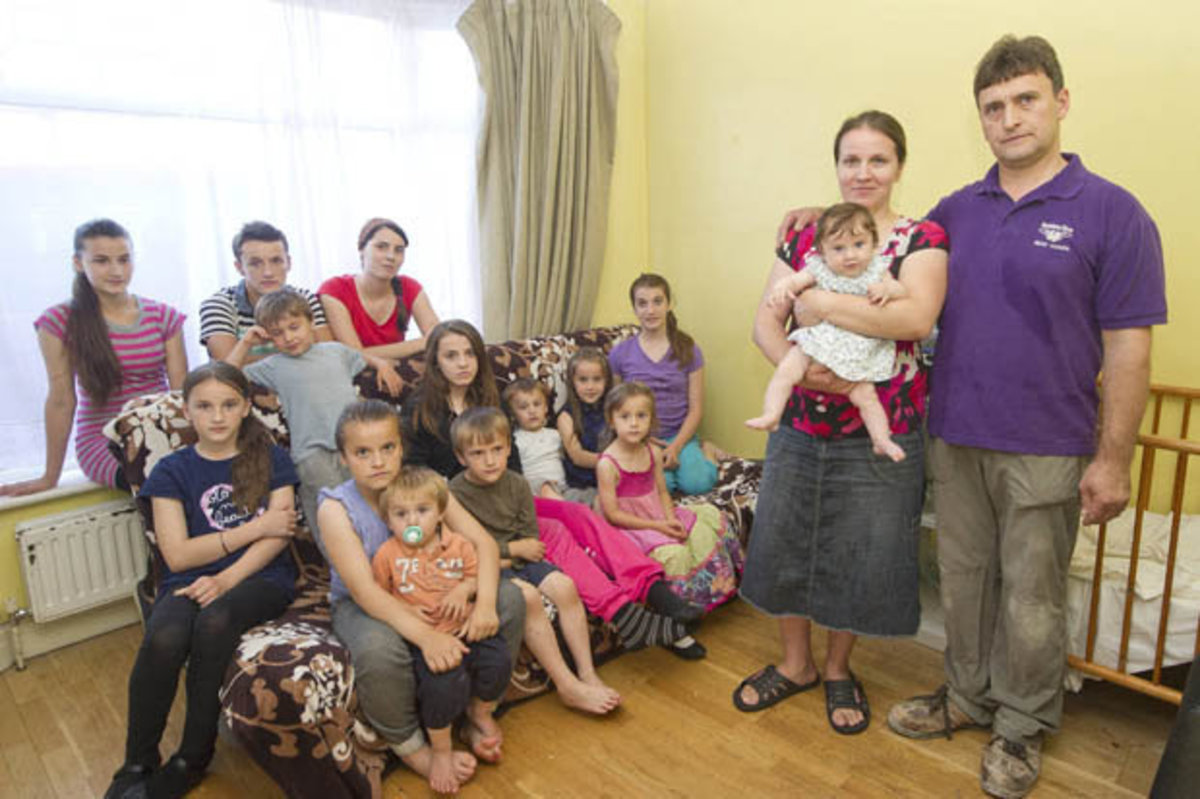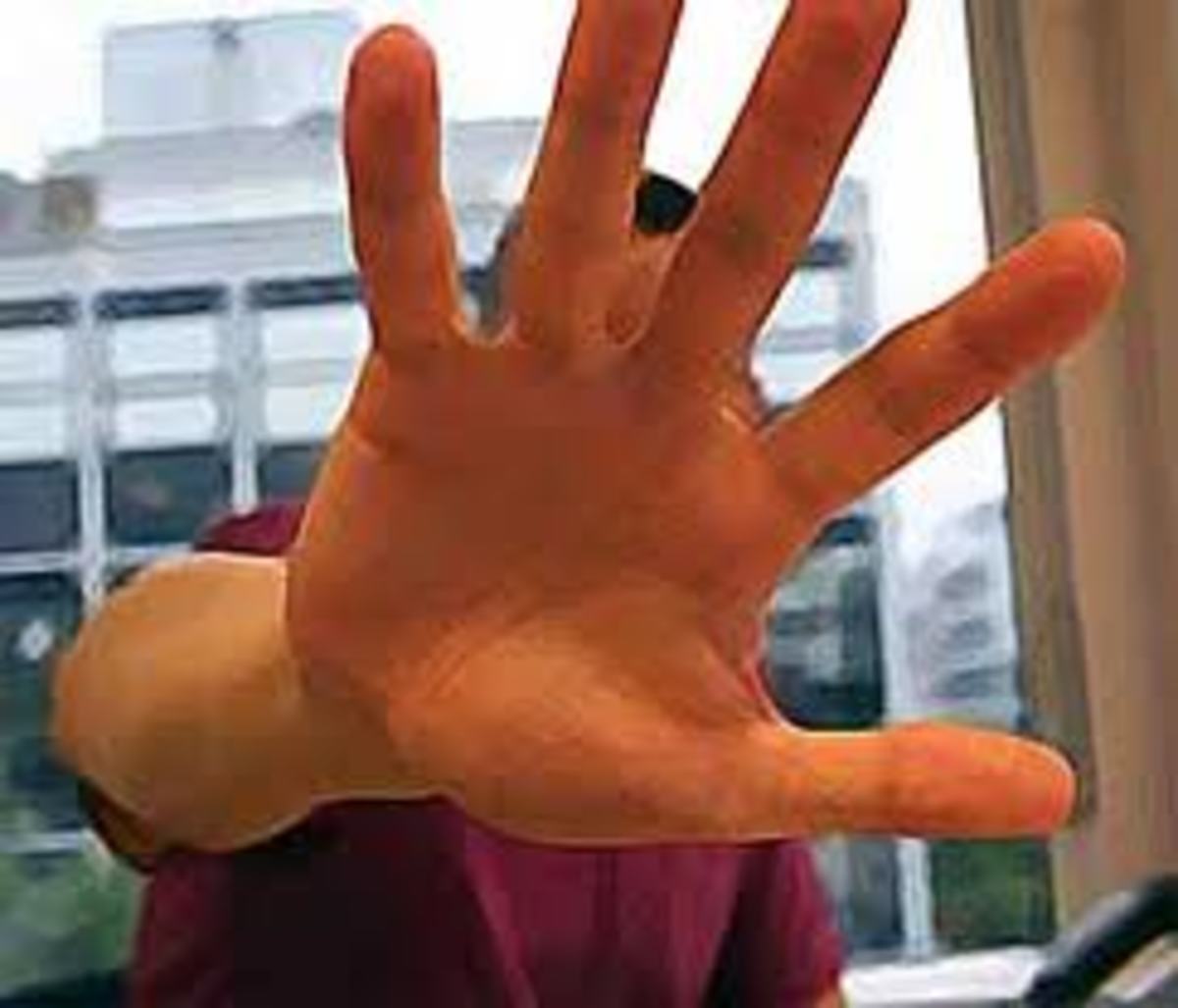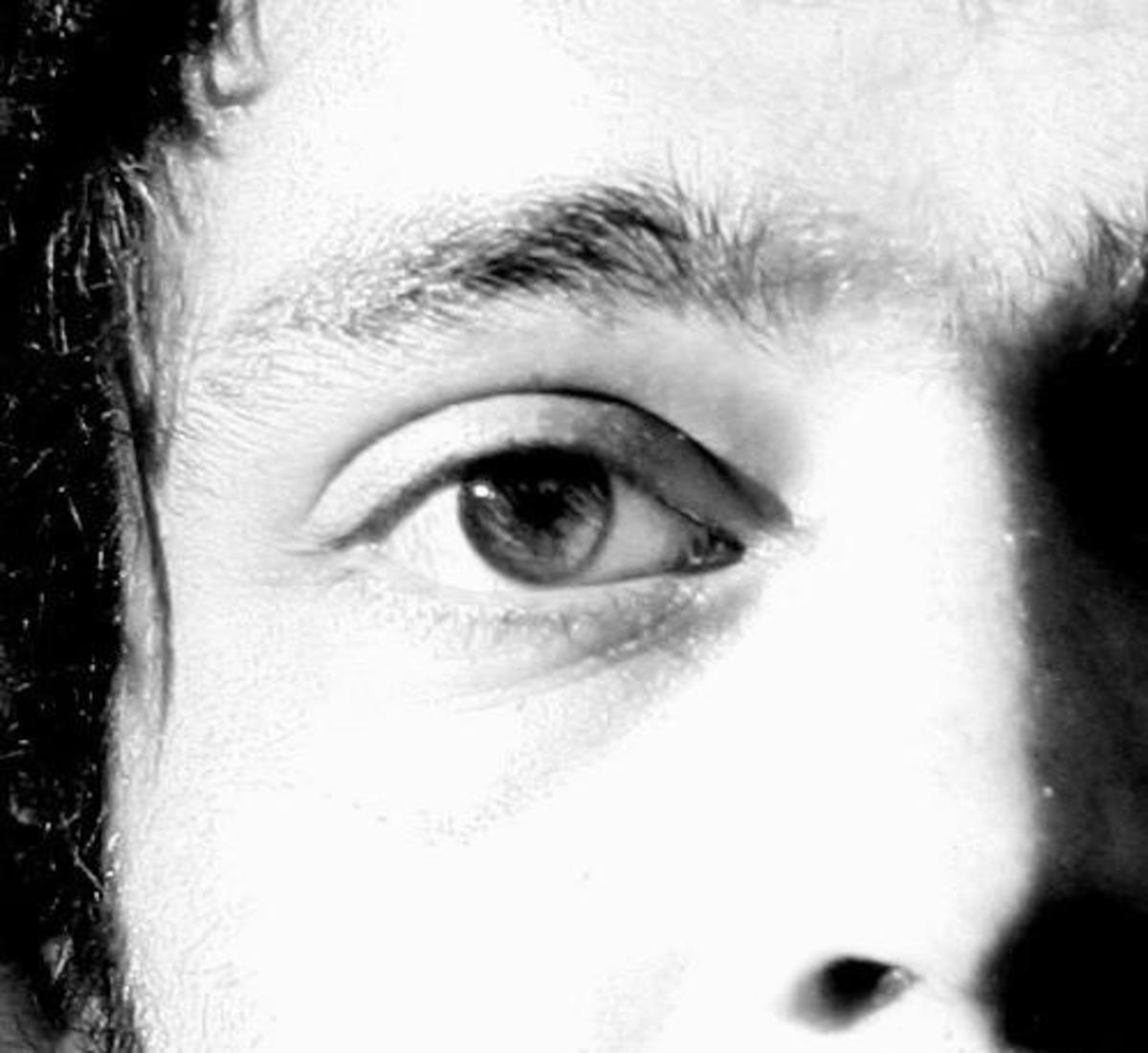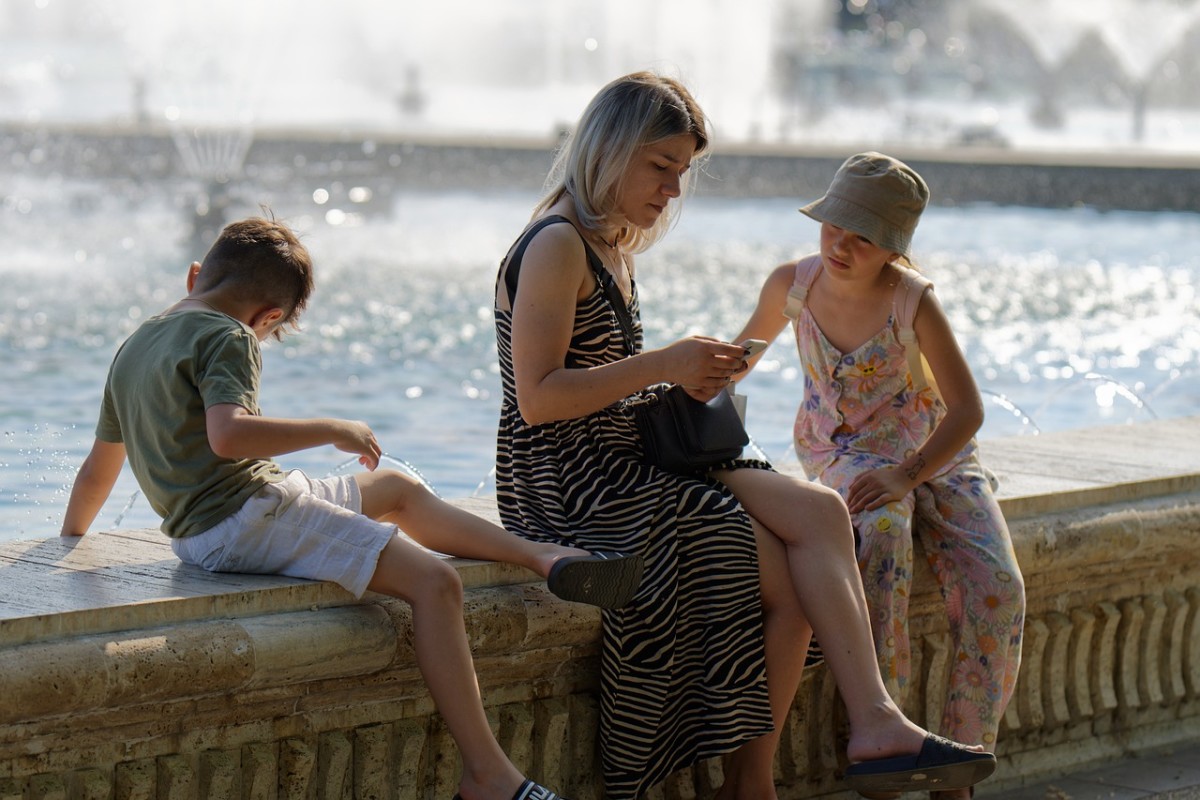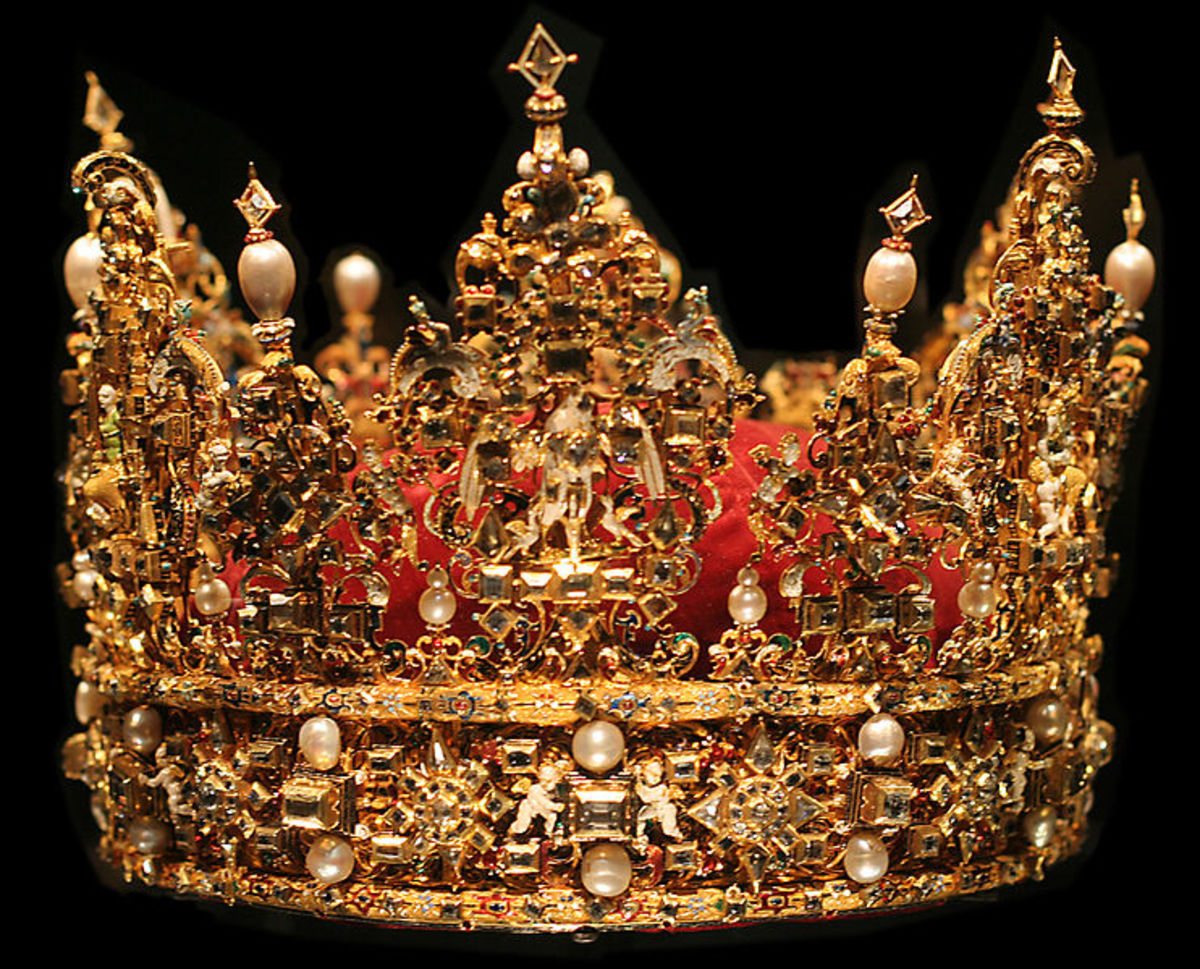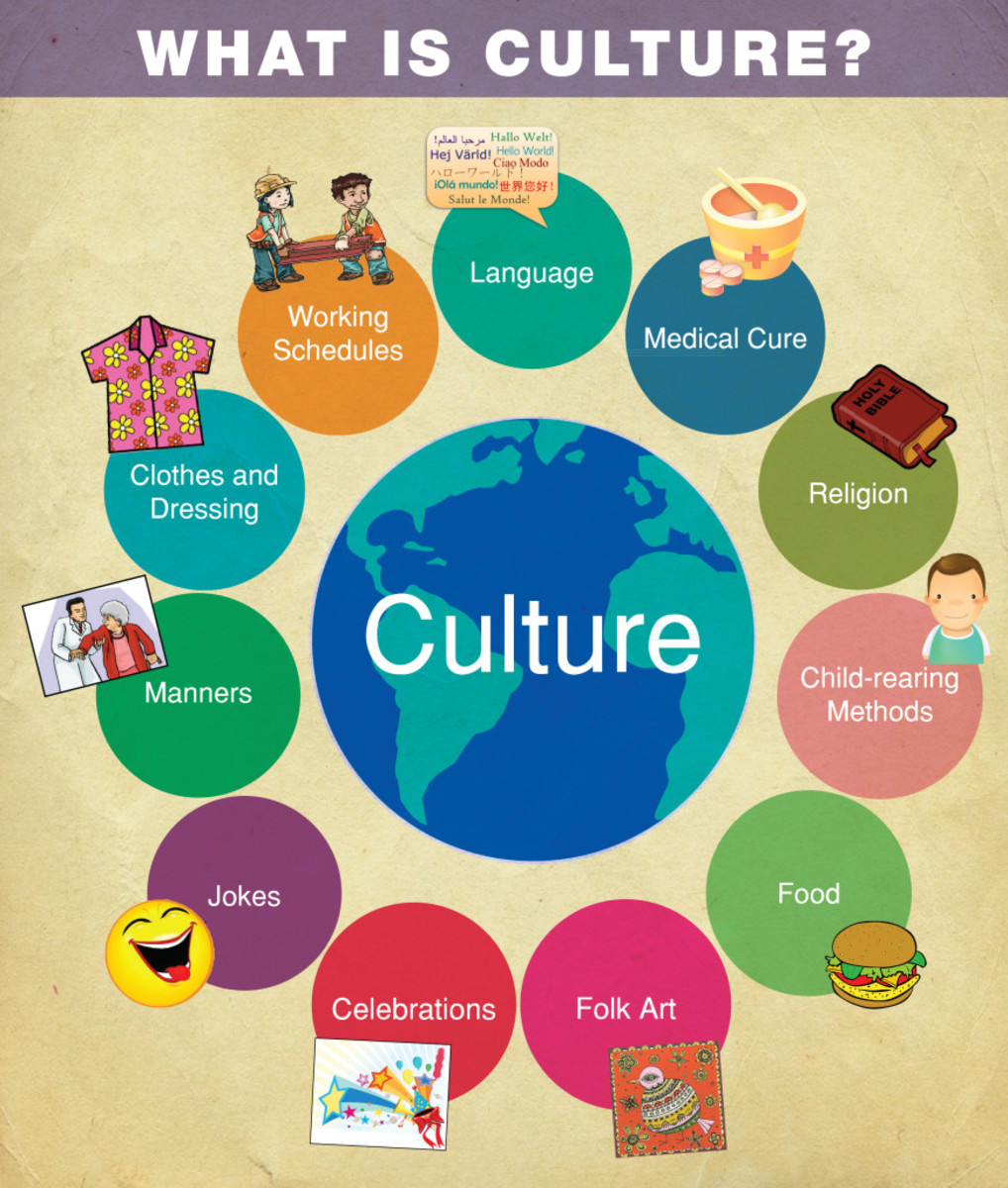The Myriad Effects of Having a Difficult Childhood

Childhood, What it SHOULD be.......& the REALITY




Childhood, The IDEAL and........The REALITY
Childhood is seen as the most magical and wonderful time of life. Parents, adult relatives, and/or other adult authoritative figures love, support, protect, and/or look out for children. They ascertain that children receive the best emotionally, mentally, physically, psychologically, spiritually, and/or socioeconomically. They put the needs and concerns of children over theirs. They want the best for children as the latter are the future. They are not above sacrificing for their children as they want their children to be better than they were.
Childhood is also seen as the time of the least responsibility. Children should be as unencumbered and free as possible, trying on different hats and exploring many avenues. In essence, they should be fully enjoying and/or savoring their childhoods. Their main, if not only concern is to play, learn, and/or develop to be the best possible people they can be. Their important needs such as food, clothing, shelter, medical/health care, and/or cultural stimulation should be provided for. Their main, if not only, concern is to develop into the very best people they can possibly be. Their immediate environment should be loving, supportive, and/or safe from harm.
However, there are children whose childhood are far from the ideal childhood detailed above. One can say that their childhood is as diametrically opposite from such a childhood as possible. Their parents, other adult relatives, and/or other adult authoritative figures are unsupportive, negligent, distant, and/or otherwise exert a negative methodology in their lives. Normal childhood concerns and/or past times are the last things on their minds. They live in a precarious environment which oftentimes effect them emotionally, mentally, physically, psychologically, socioeconomically, spiritually, and even psychically. What such children are living can be described as tolerably purgatorial at best and acutely hellish at worst.
Such children oftentimes endure situations that would break a strong adult. Many of such children endure poverty or extreme socioeconomic penury which oftentimes causes them to assume adult responsibilities before they are psychologically ready and/or prepared to do so. Some even endure all types of abuse from those who are supposed to be their loved and/or trusted ones. There are children have to support themselves and/or families because one of the main supporters are ill or otherwise infirmed. There are children who have endured very infernal conditions and/or circumstances such as internment, displacement, and/or war. Others were forced to be second parents and/or supplemental breadwinners because of parental irresponsibility, lackadaisicalness, or from unforeseen circumstances and/or downturns. In this hub, I will discuss the 6 main effects of enduring a difficult childhood: (1) becoming successful,(2) engendering empathy, (3) developing an acute sense of independence and fearlessness,(4) adopting a callous, tough, or even ruthless attitude, (5) becoming a sociopath, even a criminal, and (6) having low self-esteem, even a sense of defeatism and/or hopelessness.
A Difficult Childhood Creates Success


1. A Difficult Childhood Makes One Successful
Many people who have poor, penurious, and impoverished childhoods are oftentimes successful, if not highly successful adults. Their impoverished condition is a strong impetus to make their lives much better than it was in childhood. They note how they had to struggle for, even doing without the necessities in their formative years. They observe how others are living better than they were. They refuse to permit being poor and/or impoverished prevent them from living the life they desire. They know that there is a better life out there.
They are aware of the bleakness and desolation that being poor and/or impoverished brings. Their desire is not to live in struggle, poverty, and/or want. Poverty and/or other forms of penury will not be a continual and/or normative lifestyle. So they plan, strategize, organize, and/or work smart with the intent of leaving poverty. They also intend that the lives of their children will be much better socioeconomically than theirs. Their children will not grow up in penury and/or poverty like they did.
A Difficult Childhood Engenders Empathy


2. A Difficult Childhood Helps One Be Empathic
People who endured difficult childhoods whether it is poverty, abuse, dysfunction, and/or other forms of drama use such incidences as valuable life lessons to learn from. They see such childhoods as an education as to how to be empathetic towards others. Their problematic childhood causes them to develop empathy, reaching out and helping others in their perspective difficulties.
They know that they received little or no help regarding their onerous childhood situation. They often wish that others can assist them in their time of need. They felt that they had to go it alone. They do not want others to suffer as they did. They want to help others have a better quality of life than they did. They intend to be a voice for the voiceless who cannot speak for themselves. They want to make a difference in the lives of others who had negative, even destructive childhoods and/or life patterns.
A Difficult Childhood Creates Independence, Even Fearlessness


3. A Difficult Childhood Helps One to be Independent, Even Fearless
Those who have a difficult childhood oftentimes develop an early independence. They even develop a fearless, even fierce quality. They know that significant adults in their families and/or lives are against them or otherwise unavailable. They may feel left out or even marginalized by their families for one reason or another. They may have characteristics, personalities, ideologies, and/or outlook that are divergently, even diametrically different from the rest of their family. Instead of the significant adults in their formative years supporting and encouraging them, they are perceived as the odd child out, being derided, even ostracized for their individual characteristics, talents, and/or even outlook. Since they have no support, they elect to go their own way, establishing their own particular life path and life view. They know that it is best to depend on and be supportive of themselves as no one else will.
They also develop a sense of fearlessness because they are not accepted for what they are anyway. So they might as well embrace, utilize, and/or capitalize on their uniqueness. They realize that they must live life on their own, not their family terms. They further know that their family may be uncomfortable with, even hostile towards them regarding the pursuit of their individual and/or particular life path but they aim to pursue it nevertheless. They are of the school that they would be rather be detested, even hated for who for their authenticity than to be falsely hypocritical, subverting their true personality to appease their family and be liked.
A Difficult Childhood Produces Callousness, Even Ruthlessness


4.A Difficult Childhood Causes One to be Callous, Even Ruthless
There are those who have been impacted in a less than positive way by their difficult childhoods. They develop a tough, even callous personality to guard themselves emotionally, psychologically, and even psychically. They realize that they must develop a tough, callous persona in order to navigate, even survive in their precarious environment. They even argue that in order to be even be accepted, respected, and even loved by their respective families, they had to be tough on themselves and/or more so towards others. They may become callous in order to survive more hellish familial environments as they know if they display signs of weakness, they will be demolished emotionally, psychologically, and even psychically.
Some can even be ruthless because of their purgatorial and/or hellish childhoods. They feel that since significant others treated them disrespectfully even abusively, they do the same to others. They maintain that in order to establish power and/or respect, one has to be ruthless towards others. They believe in adopting such a persona as a means of creating an emotional shield. Their motto is to do to others before or even prevent others from doing it to them. They further believe that by being ruthless, people will know who they are and will fear them. They also develop an attitude of ruthless as a way of inflicting upon others what was inflicted upon them.
A Difficult Childhood Causes One to be a Sociopath, Even A Criminal


5. A Difficult Childhood Can Result in Sociopathy, Even Criminality
Many sociopaths and/or criminals can credit their pathological behavior to difficult childhoods. Many children who endure difficult, dysfunctional, onerous, and/or otherwise infernal childhood environments oftentimes develop sociopathic, even psychopathic characteristics. Some even go into crime. They maintain that since their childhood is beyond the societal norm, they are in essence bad, even evil people. They see no hope of ever progressing beyond their particular childhood environment. They feel that they have no other recourse but pursue a similarly negative, even destructive life path.
Some would even adopt a victimology mindset, even making rationalizations, excuses and placing the blame for their pathological, deleterious, even destructive behavior on their less than ideal childhood situation. They refuse to take responsibility to see their difficult childhood as merely incidental, something to move beyond if they elect to. They find it much easier to have their childhood be their destiny and totally define them as human beings.
A Difficult Childhood Can Result in Low Self-Esteem, Defeatism, Even Hopelessness

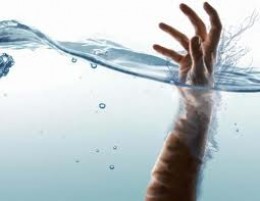
6. A Difficult Childhood Results in Low Self-Esteem, Even Defeatism and Hopelessness
Many people developed low self-esteem, even feelings of defeatism because of their negative childhood. They maintain that their childhood was so abysmally abnormal, even aberrant that they could see no hope of having improving their situation. They feel that because of their particular childhood, they will never be worthwhile, be successful, nor attain something of note. They consider themselves unlucky, even cursed, adding that if they were not the aforementioned, their childhood would be considerably better.
In their purview since their childhood is onerous, they feel condemned, even doomed. They develop a mindset of negativity in varying degrees from the mild to an abject, bottomless pit beyond any type of redemption. As a result of their particular childhood, they have developed a sense of utter powerlessness, accepting any type of negativity as quite normal. They refuse to believe that there is and/or will be anything good and/or positive in their lives. They feel that it is an exercise in futility to assess their childhood, learn from it, improve, and move on. They consider their onerous, difficult childhood as a stigma and black cloud which will follow them for the rest of their lives and they can do nothing about it.

Conclusion
Having and/or enduring a difficult childhood has differing effects upon each individual person. Some people view such a childhood as teaching valuable life lessons. Others even see it as a precious gift, teaching them to reach out to others. There are those who view such an onerous childhood as a strong impetus to become the best possible person, utilizing the best of their abilities and/or talents. A few even become more fiercely individualistically independent and resourceful, living life on their terms and establishing their own niche.
There are those who become sociopathic, even psychopathic as a result of their difficult childhood. They make excuses for their pathological personality by citing their particular childhood. Others become ruthless, using their unpleasant childhood as a ruse to inflict their pain and/or unhappiness on others. Some even lose all hope, adopting a powerless, passive, and/or defeatist attitude towards life, blaming their precarious childhood. A difficult childhood is merely incidental and it is up to the person if he/she wants to progress beyond it or use it as a punitive albatross.
© 2015 Grace Marguerite Williams

